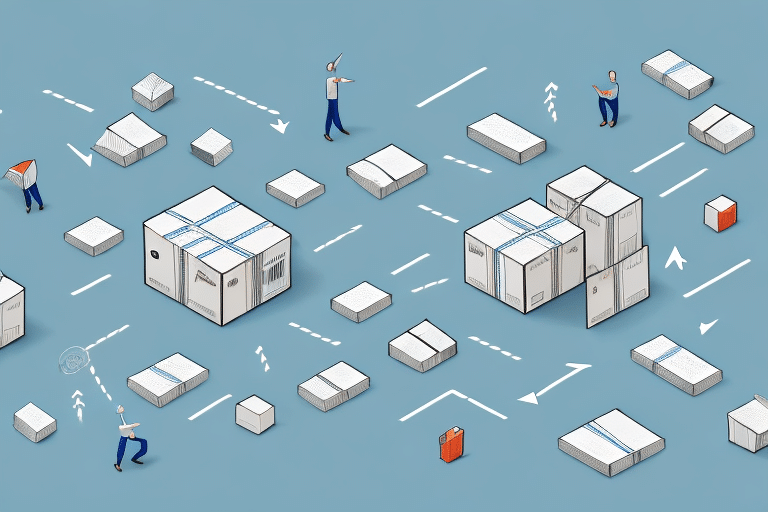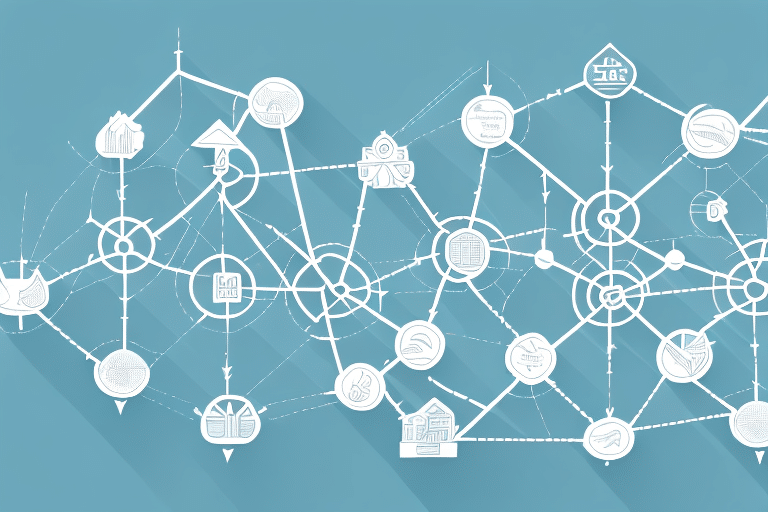Understanding Logistics Outsourcing
What is Logistics Outsourcing?
Logistics outsourcing involves delegating a company's logistics operations to an external third-party provider. This includes functions such as transportation, warehousing, order fulfillment, and inventory management. By partnering with a third-party logistics (3PL) provider, businesses can outsource some or all of these functions to gain efficiencies and reduce costs.
How Does It Work?
A 3PL provider manages various logistics processes and delivers services tailored to the business’s needs. This partnership allows companies to focus on their core competencies while leveraging the expertise and technology of the logistics specialist.
Benefits of Logistics Outsourcing
Cost Savings
Outsourcing logistics can lead to significant cost savings by leveraging the 3PL provider's economies of scale. According to a Forrester report, businesses can reduce logistics costs by up to 20% through effective outsourcing strategies.
Access to Advanced Technology
3PL providers typically invest in advanced logistics technology, such as inventory management systems and transportation optimization software. These technologies can streamline processes, reduce errors, and provide real-time data analytics to improve decision-making.
Improved Efficiency and Productivity
By delegating logistics operations, businesses can free up resources and personnel to focus on their core activities, such as product development and customer service. This can lead to increased overall productivity and business growth.
Choosing the Right Logistics Partner
Factors to Consider
- Experience and Expertise: Ensure the 3PL has experience in your specific industry and understands your logistics requirements.
- Technology Capabilities: Assess the technology platforms the 3PL uses and whether they integrate with your systems.
- Capacity and Scalability: The provider should have the capacity to handle your current needs and scale as your business grows.
- Compliance and Certifications: Verify that the 3PL complies with industry regulations and holds necessary certifications.
- Location: Proximity of the 3PL’s facilities to your business can impact shipping times and costs.
- Customer Service: Evaluate the provider’s customer service capabilities to ensure they can effectively support your business.
Evaluating Potential Partners
Carefully assess potential 3PL partners by reviewing their track record, seeking references, and understanding their service offerings. Transparency in communication and alignment with your business goals are crucial for a successful partnership.
Implementing and Measuring Success
Key Performance Indicators (KPIs)
To evaluate the effectiveness of your logistics outsourcing strategy, monitor KPIs such as:
- On-Time Delivery Rates: Measures the percentage of orders delivered on time.
- Inventory Accuracy: Assesses the accuracy of inventory records compared to actual stock levels.
- Shipping Costs: Monitors the total cost associated with shipping and logistics.
- Order Fulfillment Time: Tracks the time taken from order placement to delivery.
Continuous Improvement
Regularly review performance data and work with your 3PL partner to identify areas for improvement. This collaborative approach ensures that the logistics strategy evolves to meet changing business needs.
Addressing Challenges and Risks
Common Misconceptions
One common misconception is that outsourcing logistics is too expensive for small to medium-sized businesses. In reality, partnering with a 3PL can often result in cost savings and access to resources that would be otherwise unaffordable.
Risk Management
Risks associated with logistics outsourcing include potential loss of control over certain operations and dependency on the 3PL’s performance. Mitigate these risks by establishing clear contracts, maintaining open communication channels, and implementing robust performance monitoring systems.
Legal and Regulatory Compliance
Ensure that your 3PL partner complies with all relevant laws and regulations governing logistics operations. This includes adhering to safety standards, environmental regulations, and industry-specific compliance requirements.
Future Trends in Logistics Outsourcing
Increased Digitalization
The logistics industry is increasingly adopting digital technologies such as IoT, AI, and blockchain to enhance transparency and efficiency. 3PL providers are leveraging these technologies to offer more sophisticated logistics solutions.
Sustainability
There is a growing emphasis on sustainability in logistics. Companies are looking for 3PL partners who can provide eco-friendly solutions, such as optimizing routes to reduce carbon emissions and using sustainable packaging materials.
Conclusion: Is Logistics Outsourcing Right for Your Business?
Logistics outsourcing offers numerous benefits, including cost savings, access to advanced technology, and improved operational efficiency. By selecting the right 3PL partner and effectively measuring performance, businesses can enhance their supply chain management and focus on their core competencies. For companies aiming to scale and remain competitive, logistics outsourcing can be a strategic advantage.








